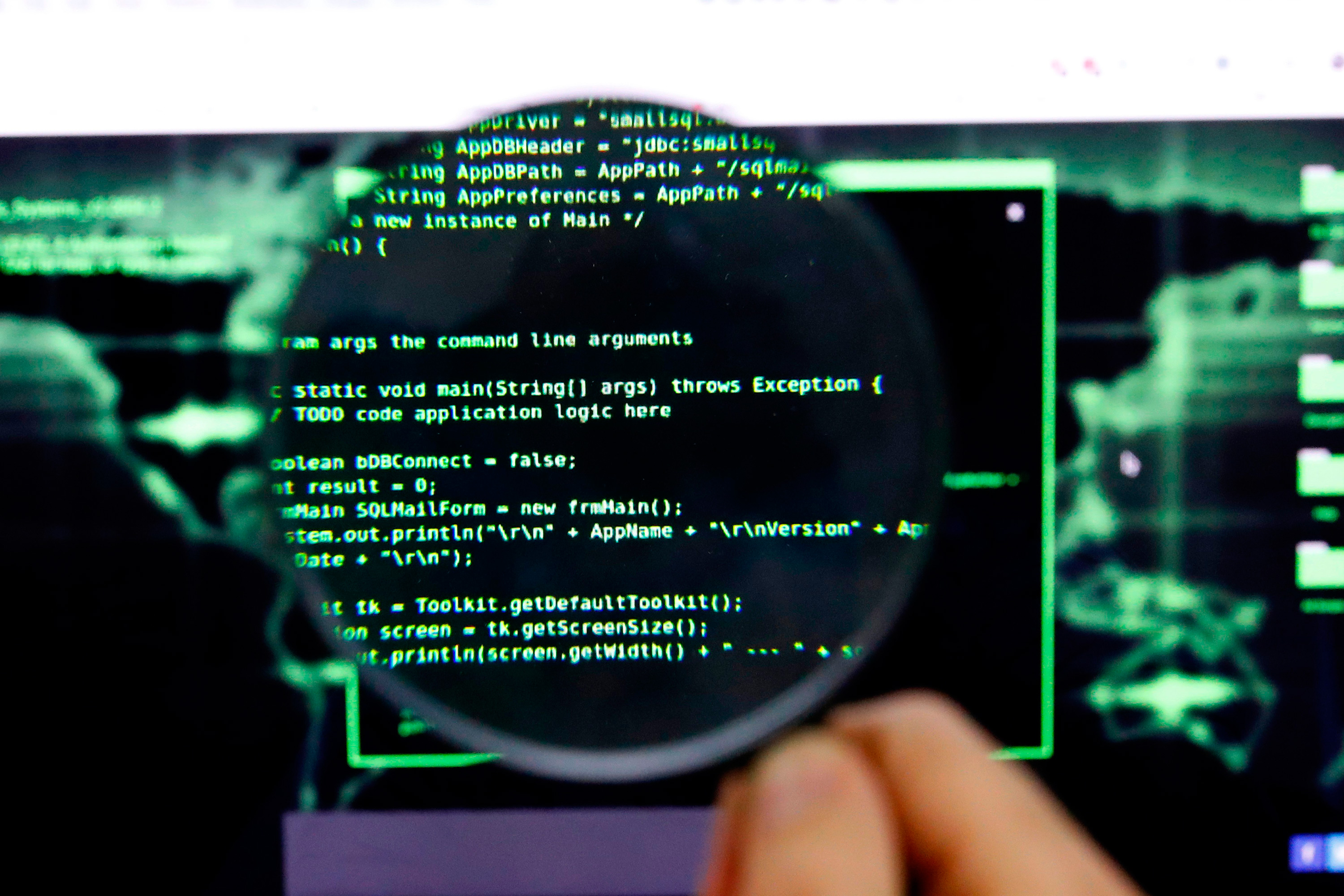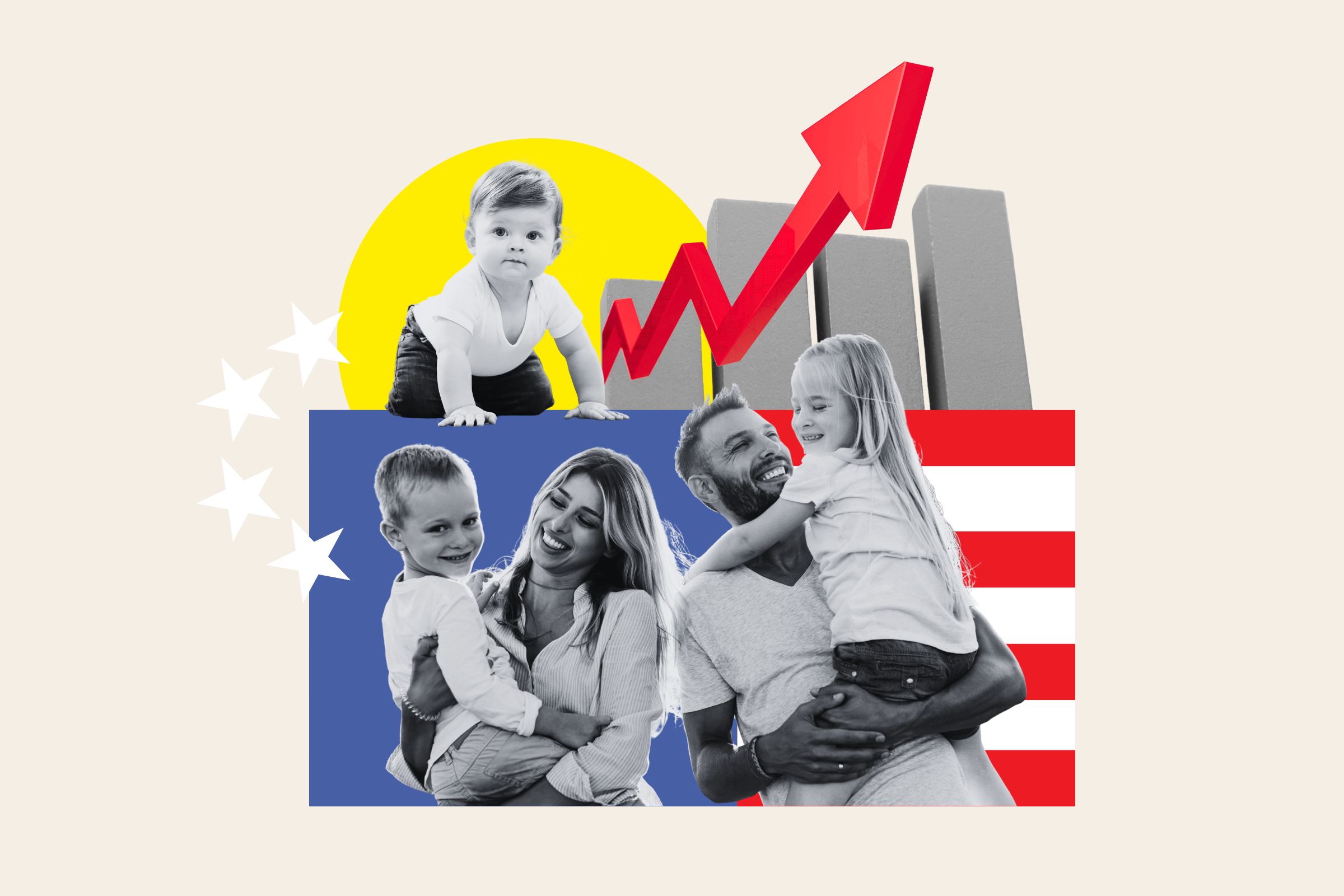Scientists are warning the public about bird flu after a patient in Louisiana showed mutations that could increase the transmission of the virus.
The Centers for Disease Control and Prevention analyzed samples from a patient with the nation's first severe case of bird flu. The agency found mutations that were not found in virus sequences collected on the patient's property, "suggesting the changes emerged in the patient after infection," it announced on its website on Thursday.
Experts—including Michael Mina, a physician-scientist, and Rick Bright, an immunologist and a virologist—have since commented on the news.
Newsweek has contacted Mina and Bright for further comment via social media.
Why It Matters
Bird flu, a viral infection typically spread among birds, usually does not affect humans. However, the CDC announced on December 18 that a patient in Louisiana had been hospitalized with the first-known severe case of bird flu in the United States.
Scientists are now warning the public about the potential threat this disease poses.

What To Know
The CDC found that the mutations observed in the Louisiana patient could increase the virus' ability to bind to the upper respiratory system of humans.
On Thursday, Mina posted an "important wake up call" on X, formerly Twitter.
"The H5 virus mutated inside the single patient to gain an ability to bind human receptors in the upper respiratory tract. It takes just one," he wrote.
Bright said on X that the new development is "exactly what we expect to see" with influenza viruses.
"They adapt easily within host, they will adapt for better human transmission, & they will become resistant to antiviral drugs, very easily & very quickly as their prevalence in people expands. It's not too late, but transparency is needed," he continued.
The CDC said the Louisiana patient was exposed to sick and dead birds in backyard flocks. The agency added that the risk of outbreak remained low.
There have been 65 confirmed human cases of bird flu in the United States.
What People Are Saying
Michael Mina, a physician-scientist, wrote on X: "These types of mutations are truly what we worry about. They are anticipated to happen in a host who gets infected [with] a virus who may not be optimized for replication of the virus—so the virus adapts to the host."
Scott Gottlieb, a physician and former FDA commissioner, wrote on X: "Most believe it's unlikely H5N1 will develop into a pandemic, but in low probability scenario it does, U.S. will have only itself to blame. Agricultural officials did just about everything wrong over last year, hoping virus would burn out and it didn't."
What Happens Next
The CDC lists several protective measures people can take to help reduce the risk of exposure to bird flu.
People are encouraged to avoid direct contact with wild birds and unprotected exposure to infected live or dead animals. People are also encouraged to drink pasteurized milk and avoid raw milk products.
Do you have a story Newsweek should be covering? Do you have any questions about this story? Contact LiveNews@newsweek.com.




.png)















 English (US) ·
English (US) ·